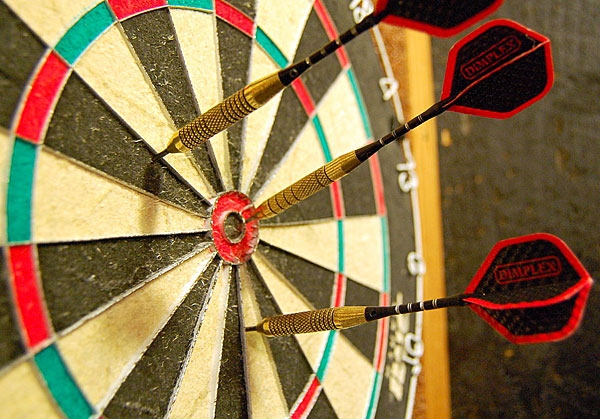| Columns Retired Columns & Blogs |
...Nothing lasts: so true!... but once we enter the dimension of time into our happy zone, aren't we back to where we started? Instant gratification and a happy smile from a new set of under-$200 headphones is usually my first choice, it reminds me of being kid again. Or weeks of self-doubt, then some extra efforts for the sake of Really Big (and Lasting) Smile when unpacking LCD-4s? Thanks God both Sennheiser Orpheus and HE1 seem to be sold out, no need to worry about The Ultimate Smile ;-)










































